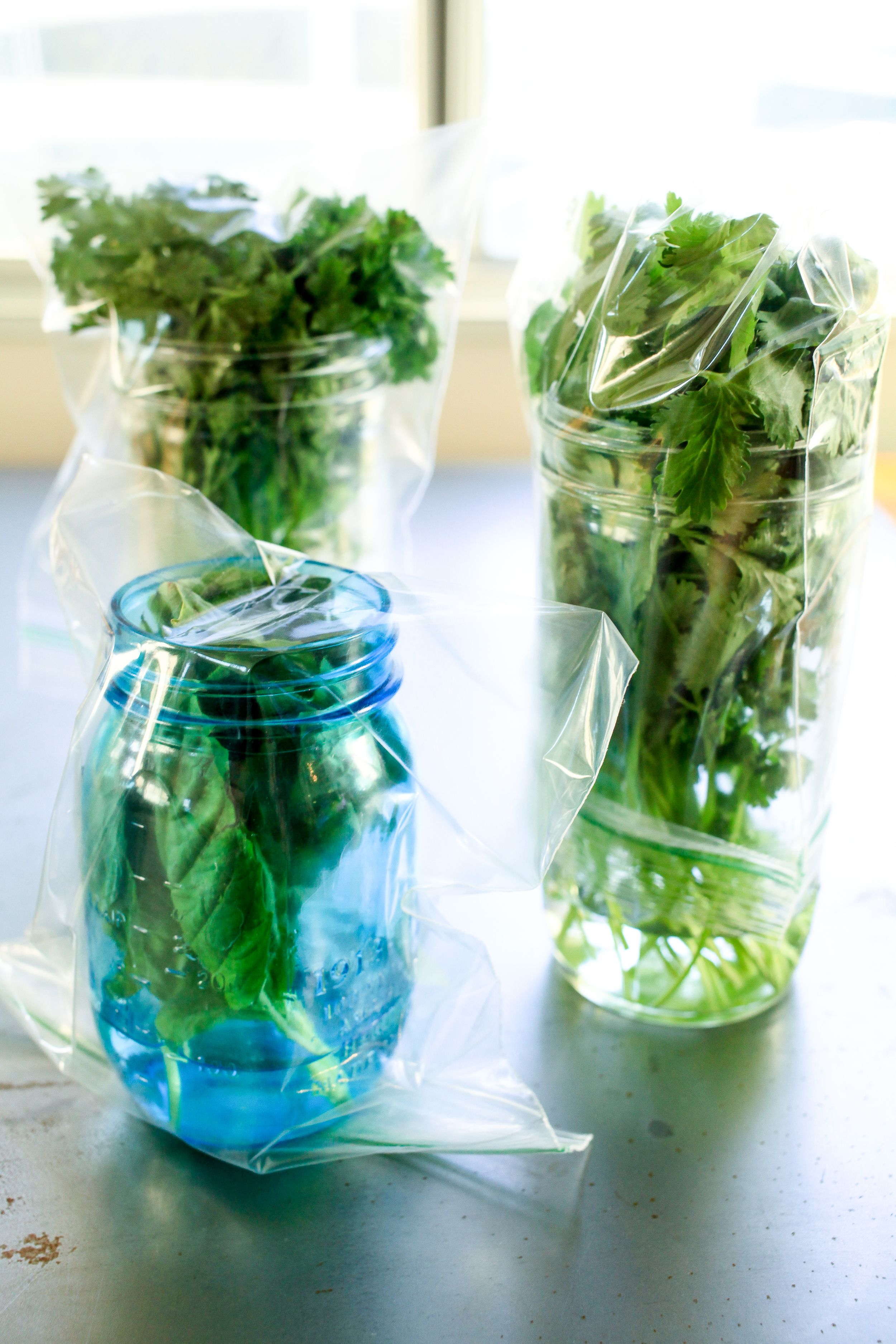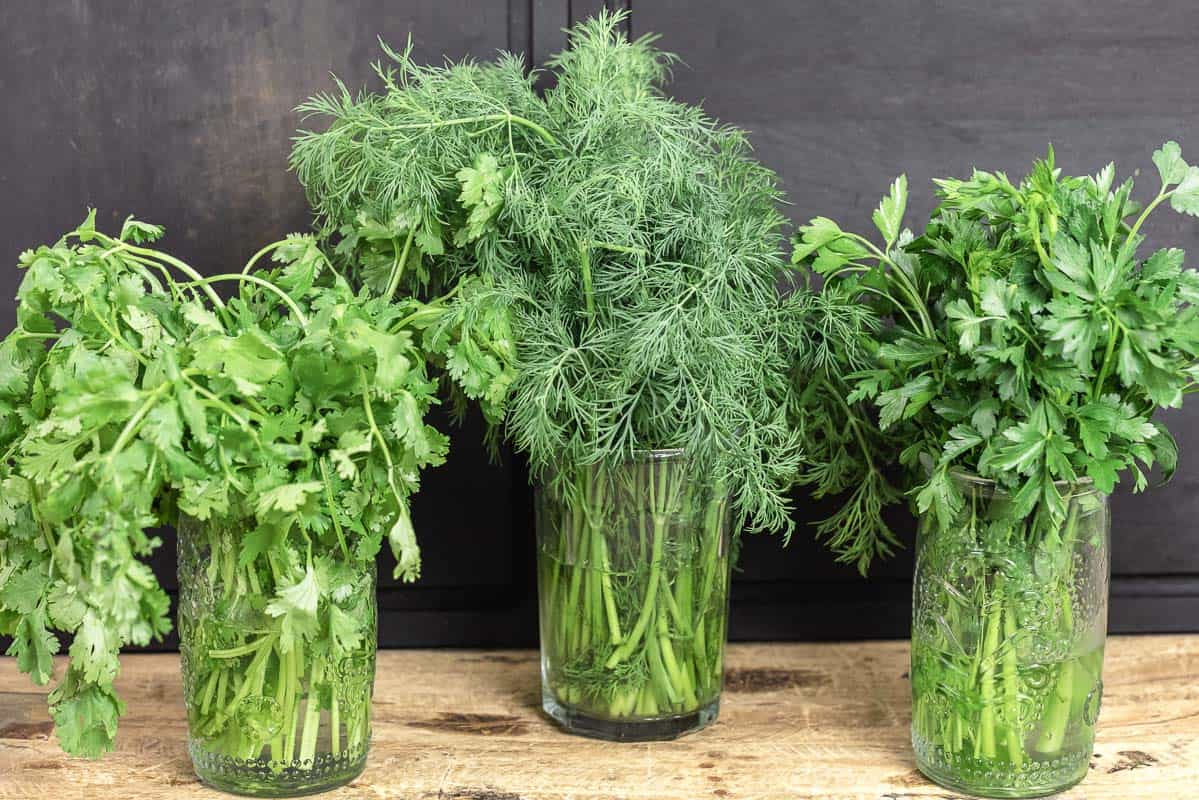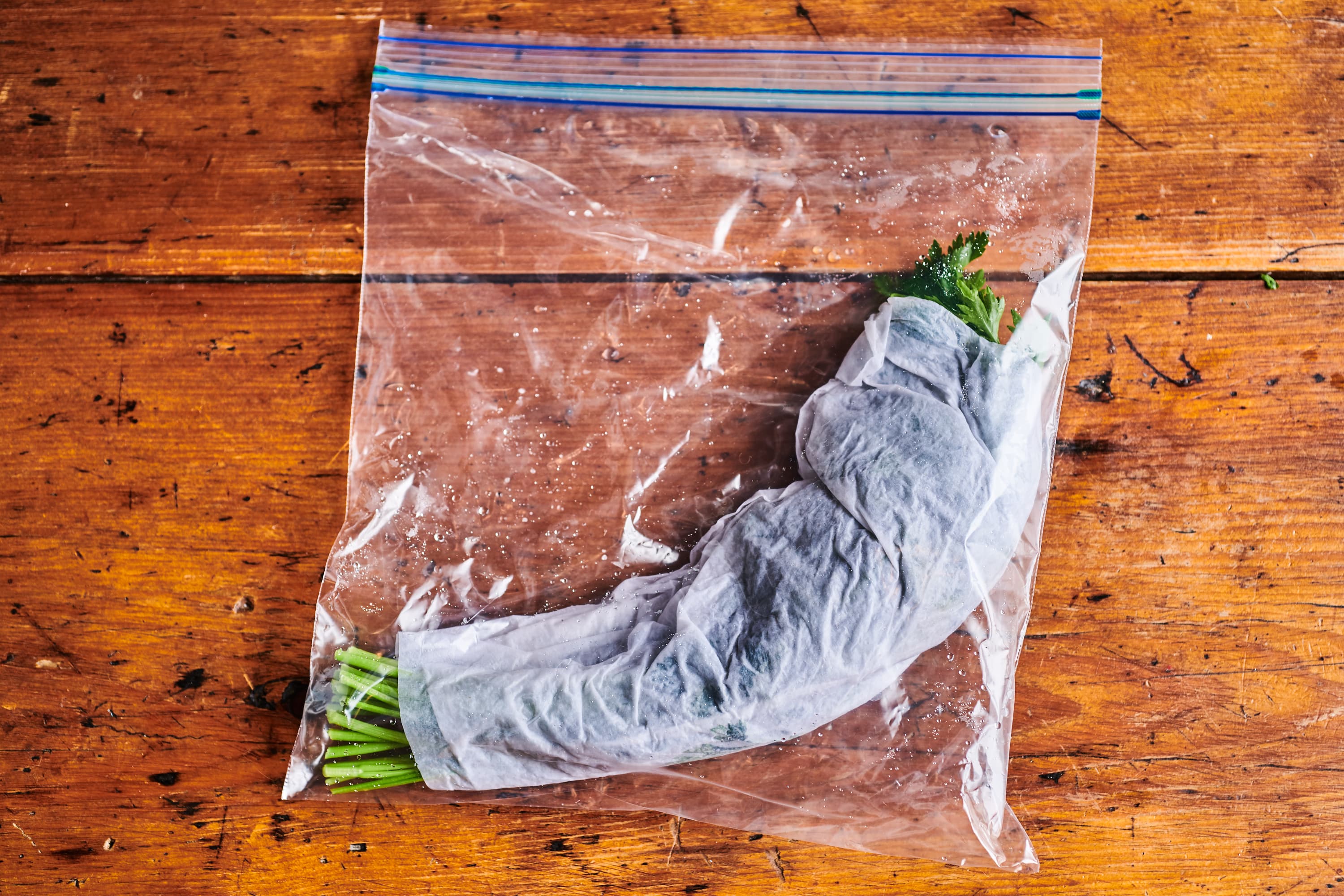8 Proven Ways to Store Fresh Herbs Without Refrigeration (Keep Them Fresh for Weeks)
8 Proven Ways to Store Fresh Herbs Without Refrigeration (Keep Them Fresh for Weeks)

Fresh herbs can transform any dish from ordinary to extraordinary, but they often wilt and spoil before you can use them all. Whether your refrigerator is broken, you're camping, or you simply prefer room-temperature storage, there are proven methods to keep your herbs fresh and flavorful for weeks without refrigeration.
After testing multiple storage methods, I've discovered that certain techniques can extend herb life dramatically—some even outperforming refrigeration. Here's your complete guide to storing fresh herbs at room temperature while maintaining their vibrant color, aroma, and nutritional value.
Quick Navigation
Why Room Temperature Storage Actually Works
Contrary to popular belief, not all herbs benefit from refrigeration. Many herbs, particularly basil, actually prefer room temperature storage and can last longer outside the fridge than inside it. The key lies in understanding each herb's natural environment and moisture needs.
Room temperature storage prevents cold damage, reduces condensation buildup, and allows herbs to maintain their natural oils—the compounds responsible for their distinctive flavors and aromas. Plus, you'll have easy access to fresh herbs right on your counter.
Best Methods for Soft Herbs (Basil, Cilantro, Parsley, Mint)

1. The Bouquet Method (Most Effective)
Treat your herbs like fresh flowers—this method can keep soft herbs fresh for 1-2 weeks at room temperature.
Steps:
- Trim stems at an angle under running water
- Remove any yellowing or damaged leaves
- Place stems in a glass with 1-2 inches of fresh water
- Cover loosely with a plastic bag or mason jar
- Change water every 2-3 days
Best for: Cilantro, parsley, mint, and dill
2. The Damp Paper Towel Method
This technique creates optimal humidity while preventing over-moisture that causes rot.
Steps:
- Gently wash herbs and pat completely dry
- Wrap in slightly damp (not wet) paper towels
- Place in a breathable container or loose plastic bag
- Store in a cool, dark area away from direct sunlight
3. Special Care for Basil
Basil is the exception—it thrives at room temperature and actually deteriorates in cold conditions.
Basil-specific tips:
- Never refrigerate basil
- Keep stems in water like flowers
- Place near (not in) a sunny window
- Pinch off flower buds to extend leaf life
Hardy Herb Storage Techniques (Rosemary, Thyme, Oregano, Sage)

4. The Dry Bundle Method
Hardy herbs have woody stems and can handle drier conditions than soft herbs.
Steps:
- Gently rinse and thoroughly dry herbs
- Bundle stems together with rubber bands
- Wrap in dry paper towels
- Store in a cool, dry place with good air circulation
5. The Hanging Method
This traditional technique works excellently for hardy herbs and adds rustic charm to your kitchen.
Steps:
- Tie small bundles with kitchen twine
- Hang upside down in a well-ventilated area
- Keep away from direct sunlight and humidity
- Harvest leaves as needed
Long-Term Preservation Methods

6. Air Drying for Extended Storage
Perfect for preserving large quantities of herbs for months.
Process:
- Harvest herbs in the morning after dew evaporates
- Rinse and completely dry
- Create small bundles (thick bundles trap moisture)
- Hang in a warm, dry area with good airflow
- Drying takes 1-4 weeks depending on humidity
7. Oil Infusion Method
Preserve herbs while creating flavored oils for cooking.
Steps:
- Chop fresh herbs finely
- Pack into ice cube trays
- Cover with olive oil
- Freeze, then transfer to containers
- Use within 6 months
8. Salt Preservation
An ancient method that maintains herb flavor while creating seasoned salt.
Method:
- Layer fresh herbs with coarse salt in airtight jars
- Press down to release herb oils
- Store in cool, dark place
- Use herb-infused salt in cooking
Troubleshooting Common Problems

Wilting herbs: Trim stems and place immediately in cool water. Most herbs will perk up within an hour.
Brown or black spots: Remove affected leaves immediately to prevent spread. Ensure proper air circulation around stored herbs.
Slimy texture: This indicates bacterial growth from excess moisture. Discard affected portions and reduce humidity in storage area.
Loss of aroma: Usually means herbs are past their prime, but they may still be usable for cooking (not garnishing).
Frequently Asked Questions
How long do herbs last without refrigeration?
Soft herbs stored properly can last 7-14 days at room temperature, while hardy herbs can last 2-3 weeks. Dried herbs can last 6-12 months when stored correctly.
Which herbs should never be refrigerated?
Basil is the primary herb that should never be refrigerated, as cold temperatures cause the leaves to turn black and lose flavor. Mint can also benefit from room temperature storage.
Can I revive wilted herbs?
Yes! Trim the stems and place in cool water for 30-60 minutes. Most herbs will regain their firmness, though some flavor may be lost.
What's the best room temperature for storing herbs?
Ideal temperature range is 65-75°F (18-24°C) with moderate humidity (40-60%). Avoid areas near heating vents, stoves, or direct sunlight.
Maximize Your Herb Investment
Storing fresh herbs without refrigeration isn't just possible—it can actually be superior for many varieties. By understanding each herb's needs and choosing the appropriate storage method, you can enjoy fresh, flavorful herbs for weeks while reducing food waste and saving money.
Start with the bouquet method for soft herbs and experiment with drying techniques for long-term storage. Your dishes will thank you, and you'll never again have to throw away expensive, wilted herbs.
Share This Guide!
Help others discover these herb storage secrets! Pin this guide to Pinterest, share on social media, or bookmark for your next grocery run. Fresh herbs are too valuable to waste!
📌 Save for later • 🌿 Share with fellow cooks • 💚 Tag a friend who loves fresh herbs!